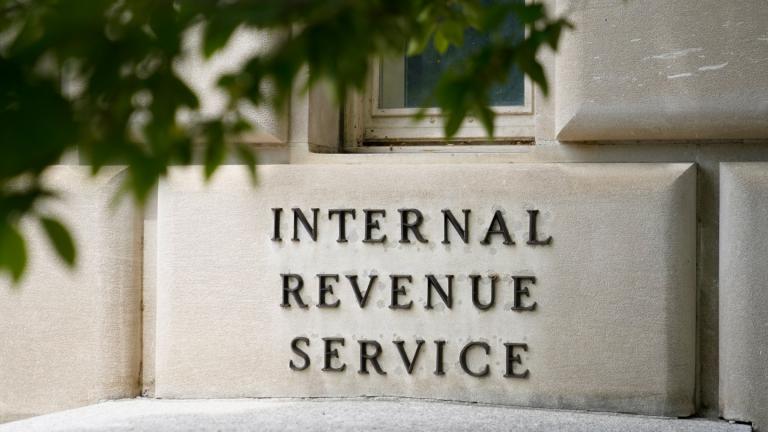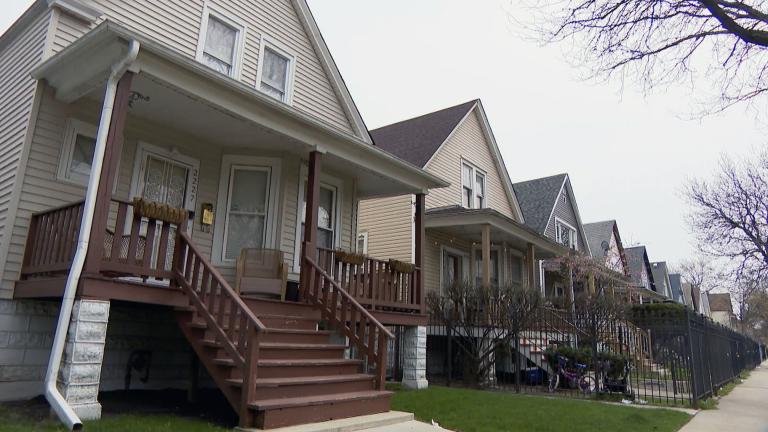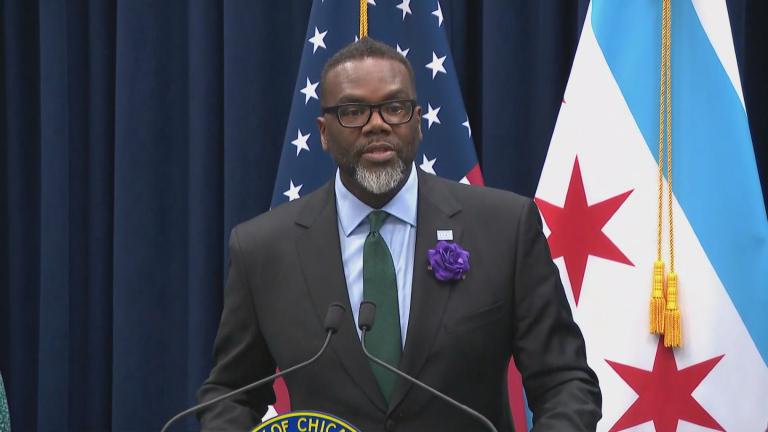 (Steve Buissinne / Pixabay)
(Steve Buissinne / Pixabay)
Low-income Illinois residents who are in debt to the state or city won’t have their state tax return used to settle those bills under a plan announced Monday by Mayor Lori Lightfoot and Comptroller Susana Mendoza.
Those who qualify for the Earned Income Tax Credit will get the maximum return they are entitled to, even if they owe unpaid traffic and parking ticket fines as well as court judgments, in an effort to help them make ends meet amid the economic devastation wrought by the COVID-19 pandemic, Mendoza and Lightfoot said Monday.
Mendoza said she was spurred to act because “families on the edge” need their tax returns to cover overdue bills.
“These families have carried the heaviest burden from the COVID-19 crisis with hours cut and jobs lost, and with it, the health care, transportation, and other essentials we rely on to live our daily lives,” Lightfoot said. “As we move to put this terrible pandemic behind us, we must do everything in our power to ensure our recovery is equitable and brings everyone into to the success we hope to all share.”
In all, the state had expected to take $15 million from 41,000 tax returns to send to cities and towns statewide to settle debt, officials said. The average hit to families that are offset is $363 and can involve multiple tickets, officials said.
The comptroller will continue to use tax returns to cover unpaid child support, officials said.
Mendoza stopped using tax returns to pay debt incurred from red-light camera tickets a year ago amid a spiraling corruption investigation.
To qualify for the Earned Income Tax Credit, a family of four must earn less than $56,844 annually or a single person must earn less than $15,820 a year.
“Although families qualifying for the state Earned Income Tax Credit are only about 15% of the state population, they account for 36% of the money withheld from income tax refunds,” Mendoza said. “So, yes, these fines and fees hit them harder.”
The debt will stay on the books of cities and towns, and will not be forgiven, officials said.
Just before the coronavirus pandemic hit, Lightfoot vowed to undo the policies that force tens of thousands of Chicagoans to struggle daily to find food, clothing and shelter.
Lightfoot has offered debt relief to Chicagoans struggling to pay their utility bills and pushed through the City Council an end the city’s practice of suspending driver’s licenses over unpaid parking tickets and agreed to reduce late penalties tied to city sticker tickets and provide some debt relief for motorists who purchased vehicle stickers after being ticketed.
Contact Heather Cherone: @HeatherCherone | (773) 569-1863 | [email protected]







